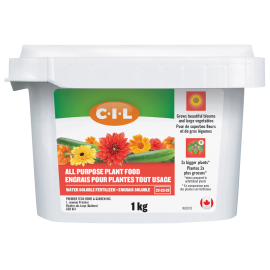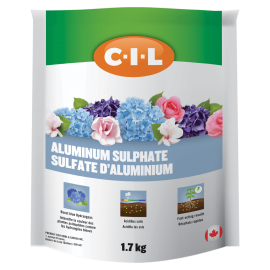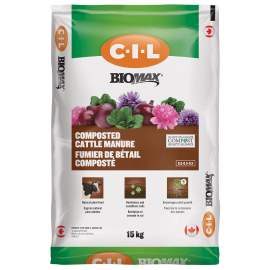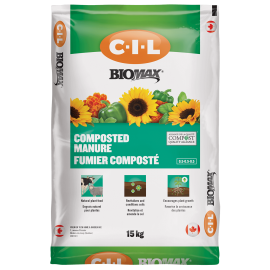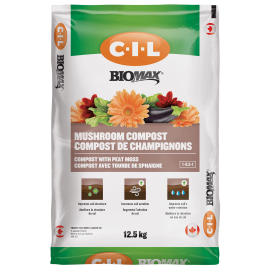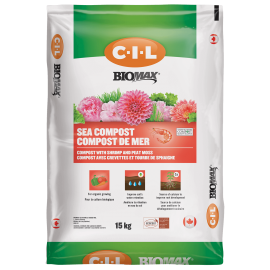Basic Principles of Organic Gardening

Organic gardening can be described as earth-friendly gardening in which plants are grown in a natural ecosystem without the benefit of harmful chemicals.
While gardening organically can be complicated, the basic principles outlined below are straightforward and easily followed.
Improve the soil to provide nutrients plants need without relying on chemical fertilizers. Plants grown in healthy soil are healthier and more resistant to pests and disease. If you need to use fertilizer, use natural products such as fish emulsion or well-rotted manure, or mix an organic vegetable and herb mix into the soil before planting.
Start a compost bin using leaves and organic material from your garden, as well as scraps from your kitchen. In a few months, dark, rich compost will be ready for your garden.
Avoid toxic chemicals. If pests are a problem, control them with safer, more natural means such as neem oil or insecticidal soap spray, but never when bees or other friendly insects are foraging on the plant.
Pull or hoe weeds as they appear and never resort to using herbicides. A layer of straw, chopped leaves or other natural mulch will discourage the growth of weeds, and will also prevent loss of water from evaporation.
Encourage beneficial insects such as ladybugs, hoverflies, and tiny parasitic wasps that will help keep aphids, mites, thrips, and other pests in check. Plant a variety of blooming plants that will provide nectar-rich flowers at different times throughout the growing season.
Accept an imperfect garden. Organic gardeners learn to tolerate a few bugs with the understanding that a healthy, well-maintained garden is generally able to tolerate a few pests.
Rotate vegetable crops and don’t grow the same vegetable in the same spot for more than a couple of years in a row. Some vegetables use different nutrients than others and growing the same vegetables repeatedly in the same place depletes nutrients in the soil.
